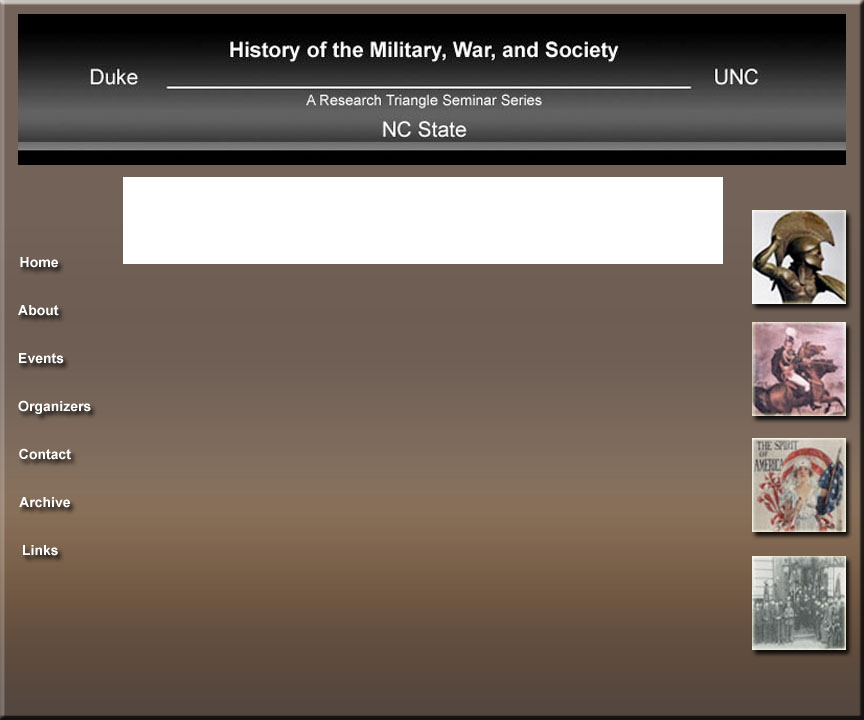
|
October 24, 2008 Karen Hagemann (University of North Carolina at Chapel Hill) Re-Constructing 'Front' and 'Home': The paper analyzes gendered experiences and memories of the German wars against Napoleon by focusing on the port city of Hamburg, the second largest German town, which was occupied by the French army between 1806 and 1814. The case study focuses on the ‘ego-documents’ of the renowned bookseller, publisher and patriot Friedrich Perthes (1770-1843) and his family. It shows that these first ‘total’ wars involved civilians—men and women alike—in new ways. The discursively constructed lines between ‘front’ and ‘home’ were blurred, and male and female war experiences were closely intertwined. After the wars, female war experiences were suppressed in collective memory. A wartime gender order was re-constructed in retrospect that distinguished clearly between ‘front’ and ‘home’ and emphasized male heroism and patriotism. This helped to reinforce the gender hierarchy and thereby the post-war social order. Karen Hagemann is James G. Kenan Distinguished Professor of History at the University of North Carolina at Chapel Hill. Her current research and teaching focuses on Modern German and European history and gendered history. Her most recent books include: Mannlicher Muth und Teutsche Ehre. Nation, Krieg und Geschlecht in der Zeit der Antinapoleonischen Kriege Preußens (2002); Masculinity in Politics and War. Gendering Modern History, ed. with S. Dudink and J. Tosh (2004); Militärische Erinnerungskultur. Soldaten im Spiegel von Biographien, Memoiren und Selbstzeugnissen, ed. with M. Epkenhans and S. Förster (2006); Representing Masculinity. Citizenship in Modern Western Culture, ed. with S. Dudink and A. Clark (2007); and Gendering Modern German History. Rewriting Historiography, ed. with J. Quataert (2007). |